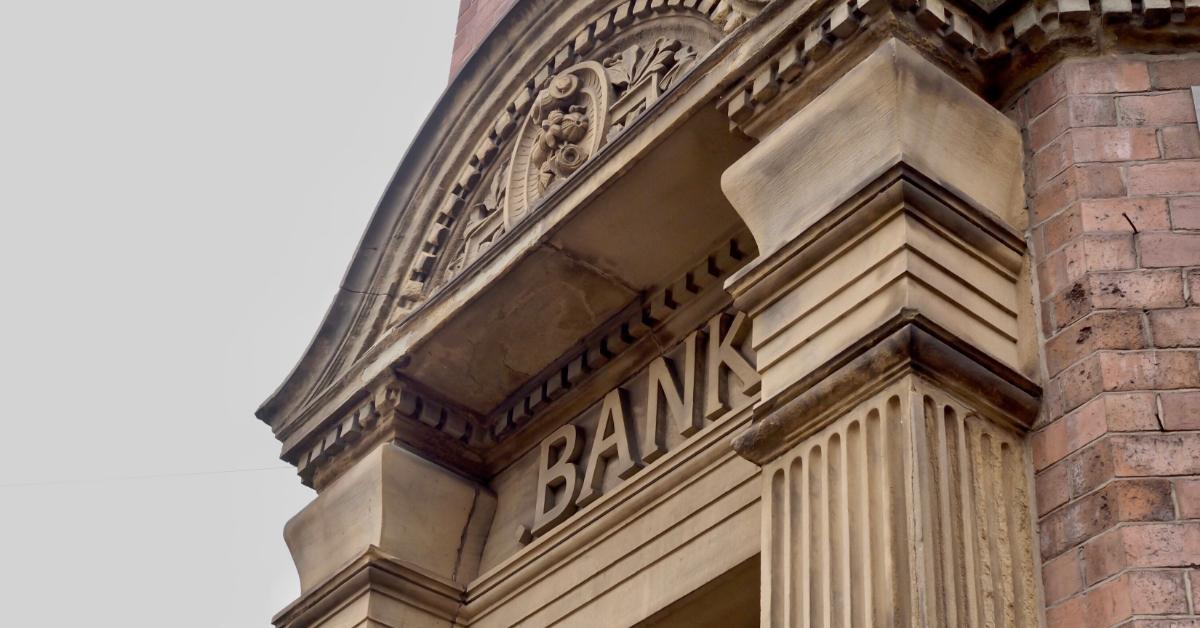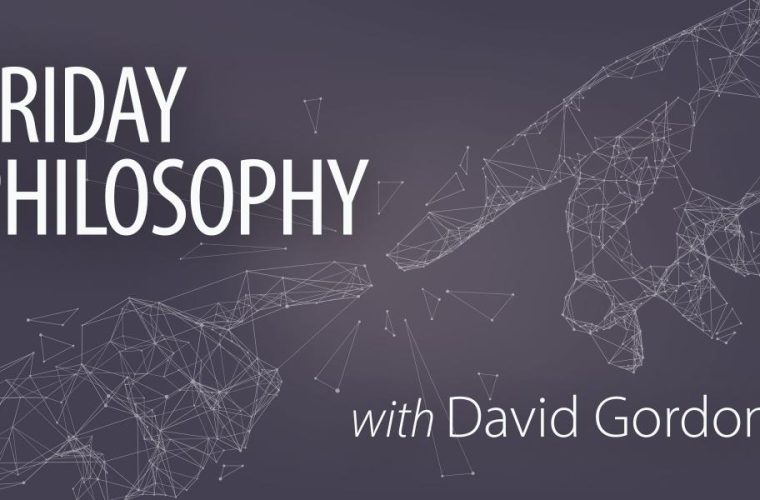
Government Banks Would Be a Dangerous Tool for Progressive Ideologues
Last month, Democratic Congresswomen Rashida Tlaib and Alexandria Ocasio-Cortez proposed a bill that would allow the incorporation of financial institutions controlled by states and municipalities. These banks would be not-for-profit, tightly regulated, and given special government subsidies. The Congresswomen claim that public banks are necessary because the private sector has been “rigged” against “those grappling with the costs of simply trying to participate” in the economy. “The Public Banking Act ends the era of privileging unaccountable private banks over the public interest,” said Michael Brennan, a progressive lobbyist.
Calling private banks “unaccountable” is more than a bit disingenuous. Financial institutions are among
the most heavily regulated businesses in the country. Not only must they answer to federal and state regulators, but they’re also subject to market forces. However, public banks, as envisioned by Tlaib and Ocasio-Cortez, aren’t beholden to the market at all; they’re more like quasi-private government agencies. The mandates for these public banks laid out by the Democratic Congresswomen make it clear that they’ll primarily be used to promote and finance leftist causes: “environmental justice, tenant protections, labor standards, democratic governance.”
Far from establishing more accountable and consumer-friendly financial institutions, the creation of public banks would give a blank check to politicians who would use and subsidize the banks to advance their own ideological agendas.
Tlaib and Ocasio-Cortez’s bill is a rehash of their 2020 Public Banking Act, which failed to pass the House. But even with three years to think about it, their stated reasons for proposing the bill are still concerningly vague. In their press release and social media posts, they’ve suggested that private banks haven’t adequately served their constituents, noting that millions of Americans do not currently have a checking or savings account.
Notably absent in these harangues is an explanation for why for-profit institutions would intentionally turn away good-paying customers. Especially now when banks are looking for liquidity, it wouldn’t make any sense for banks to refuse service to potential clients. In reality, individuals often can’t open new accounts because they’ve overdrafted accounts at other banks and didn’t pay their balances; naturally, banks often don’t want to take on the risk of opening a new account for someone with a history of not paying their overdrafts.
Though these concerns are obviously legitimate, Tlaib and Ocasio-Cortez accuse for-profit banks of “discriminatory and predatory policies.” For two progressive champions of government regulation, this is a curious statement. Laws already exist against redlining and discrimination on the basis of sex, race, ethnicity, age, religion, marital status, and receiving money from public assistance. Antidiscrimination laws are strictly and regularly enforced. Are they saying that these regulations haven’t worked? If so, what does that say about the effectiveness of other types of regulations?
Clearly, the push for public banks isn’t about protecting people from discrimination. It’s about pushing the progressive policies that Congresswomen Tlaib and Ocasio-Cortez haven’t been able to pass legislatively. By creating public banks which are not technically government agencies but are managed by government employees and receive federal funding, politicians can use public banks to bypass the democratic process.
The Public Banking Act includes a provision that would allow the Federal Reserve and the Secretary of the Treasury to approve grants to help public banks with everything from normal operational expenses to covering unexpected losses. Ultimately though, taxpayer dollars can be handed out to the public banks for virtually anything since the bill also allows grants “to carry out such other activities as the Board of Governors and the Secretary determine appropriate.”
So, while the banks themselves would be nominally under the control of state and municipal governments, in reality they would be entirely dependent upon unelected federal agencies. To their credit, Tlaib and Ocasio-Cortez have been transparent about making the public banks’ continued existence contingent upon how well they advance progressive policy goals. As the bill states, a bank can receive free taxpayer money only as long as they establish an “appropriate degree of community involvement,” which, as the bill elsewhere lays out, just means that they abide by strict lending instructions. And the instructions are very, very strict.
For example, if a public bank lends money to construct or purchase residential rentals, the bill requires that the properties be rent controlled. The tenants must also be allowed to form “tenant unions.” In addition to lending prescriptions, the bill has a litany of companies that banks would be forbidden from lending to: gun manufacturers, the tobacco industry, or any company that has “a C.E.O. to median worker pay ratio 16 in excess of 100:1.”
It’s not difficult to guess where the public banks would “invest” their funds. The opportunity for political corruption would be even more ripe than your run-of-the-mill pork-barrel programs. Since the bill requires that public banks fund progressive programs, and the companies they lend to don’t have to be profitable, the banks would be nothing better than slush funds for Democratic lobbyists. That’s about as unaccountable as it gets.



